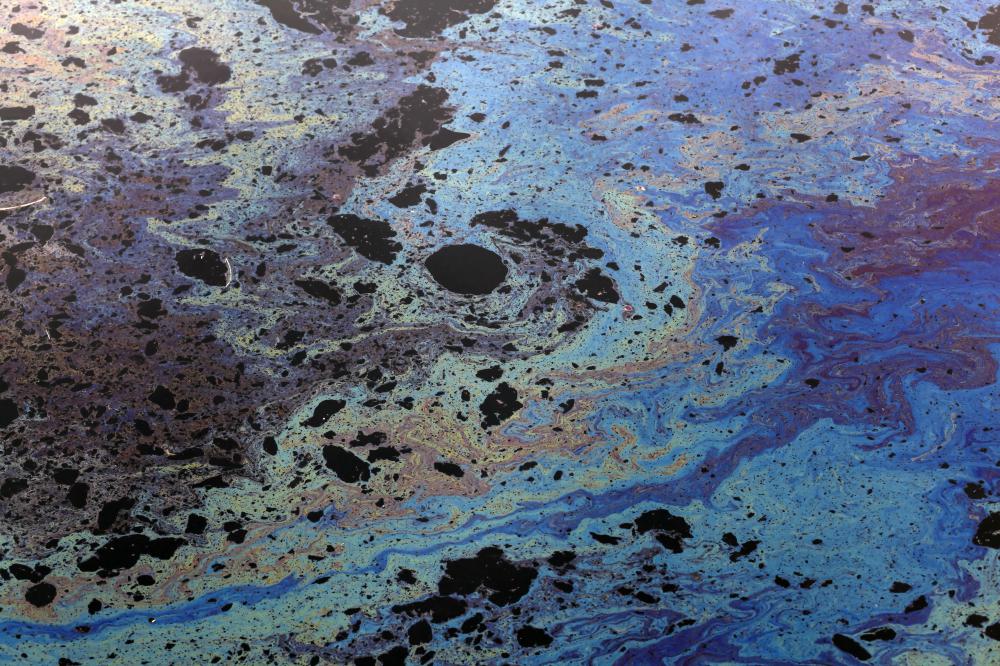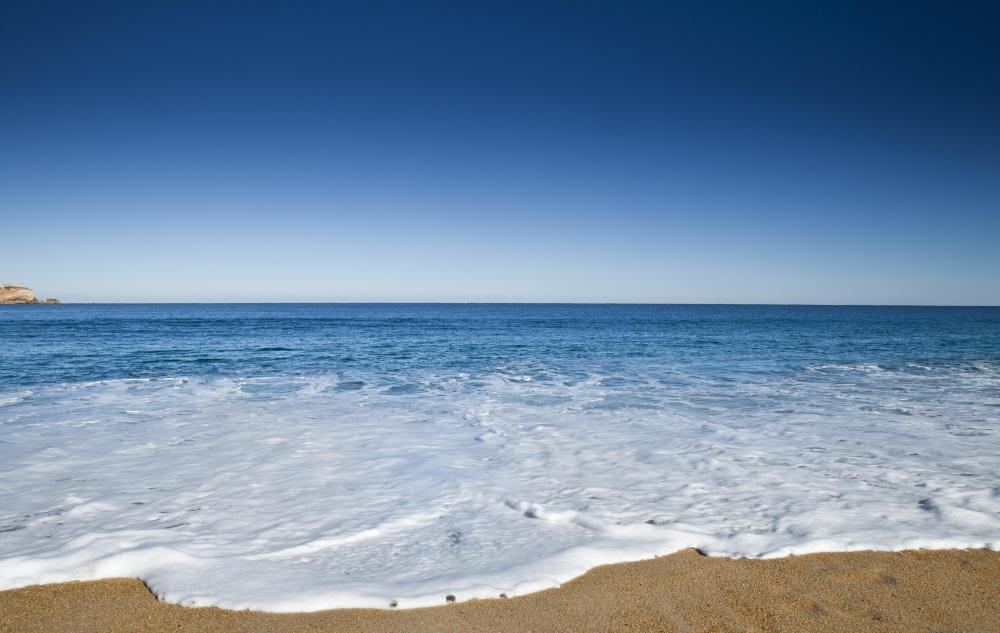At PracticalAdultInsights, we're committed to delivering accurate, trustworthy information. Our expert-authored content is rigorously fact-checked and sourced from credible authorities. Discover how we uphold the highest standards in providing you with reliable knowledge.
What Does a Chemical Oceanographer Do?
A chemical oceanographer generally studies the chemistry of a saltwater ocean and its seabed. This often includes work on the effects of different kinds of pollution, or outside stimuli that affect the general ocean environment. Chemical oceanographers are also often called marine chemists, and their jobs involve bringing a chemical analysis approach to broader science of marine biology.
In many cases, chemical oceanographers in modern times are put to the task of researching how different phenomena affect the chemical composition of the ocean. Many of these are high profile negative cases, such as oil spills. A chemical oceanographer may spend the majority of his or her time detailing various ways that events like oil spills impact an ocean ecosystem, again, through highly complex studies or rigorous data collection methods. That means a chemical oceanographer should also know how to use specific statistical modeling tools and other resources for formal research.

Along with oil spills and other similar catastrophes, many chemical oceanographers study the slower affects of pollution that is not tied to a single event. A good example of this is the phenomenon of plastic buildup in the oceans. One of the major contributions of chemical oceanographers and marine biologists to today’s scientific world is the study of how massive amounts of small plastic items build up in the oceans, and what happens to them after they are dragged offshore.

Another major part of a chemical oceanographer’s job will often deal with the issue of climate change, or as some call it, global warming. Regardless of whether the oceanographer is associated with the political debate over whether climate change is man-made, as a scientist, the marine chemist will often provide detailed research on how the environment is changing, and how this affects various parts of the ocean ecosystem. Much of this research may influence future public administration, and chemical oceanographers, with their formal methodologies, help to ensure that the findings of studies are accurate and realistic.
Although a significant portion of the chemical oceanographer’s work involves desk-based research, some of these jobs may also require a great deal of time spent in active field research, including specimen collection. Most chemical oceanographers should be prepared to dive for specimens. They also need to be able to know how to handle specimens during and after collection. All of this makes these professionals valuable to a marine biology project.
AS FEATURED ON:
AS FEATURED ON:












Discuss this Article
Post your comments